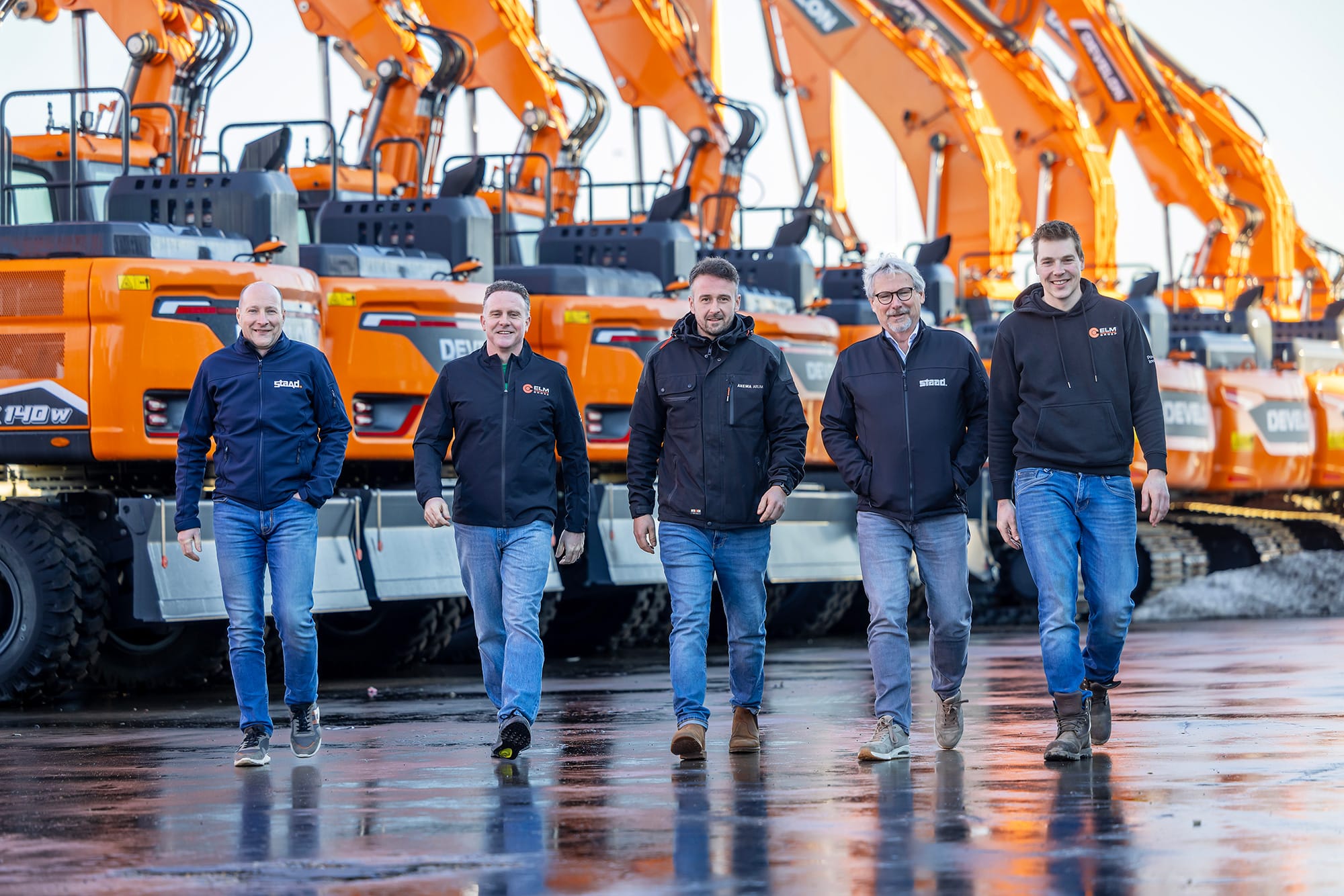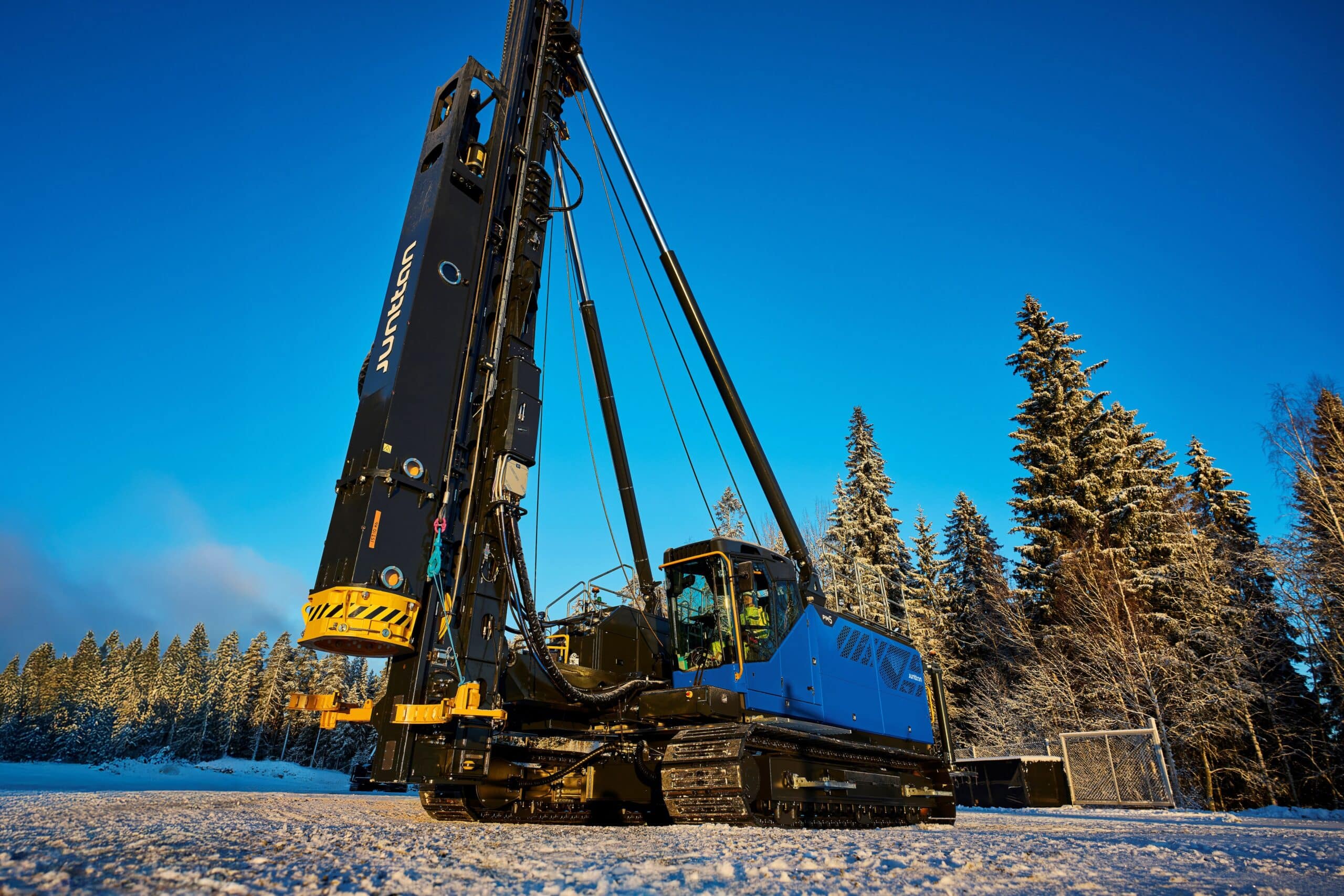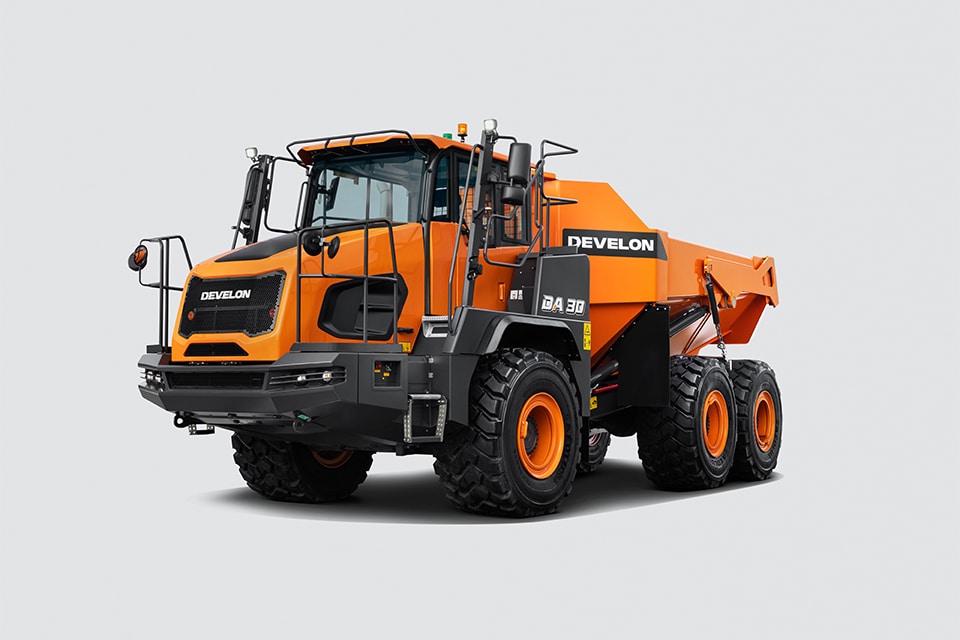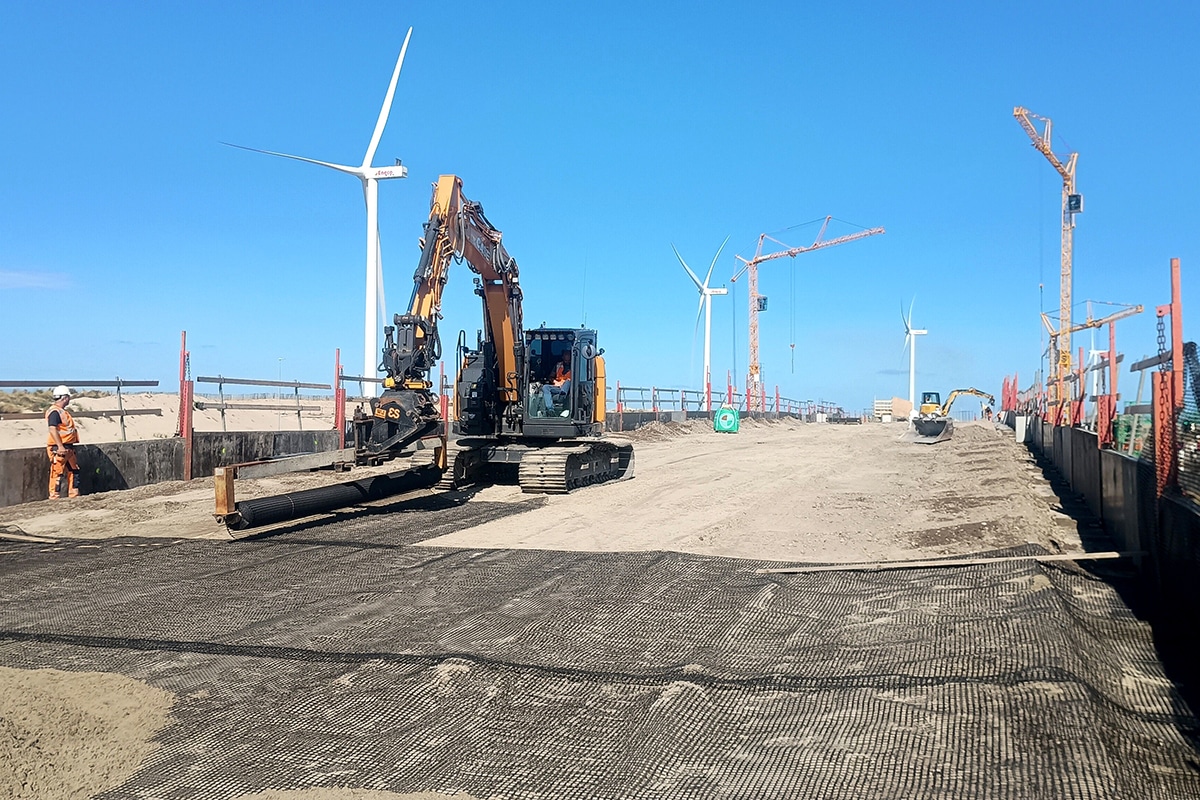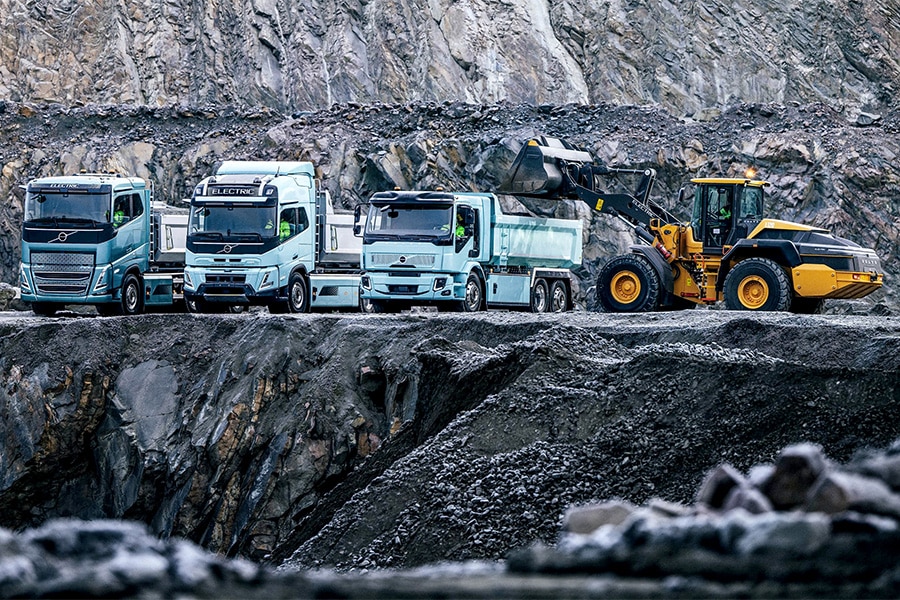
Sustainability as the new standard
Netherlands retains pioneering role in Europe around electrification
Resistance to change is not strange, especially in sectors as intertwined with tradition as the construction and transportation industries. This makes it all the more striking that it is precisely many Dutch construction companies that have taken the lead in making their fleets more sustainable. As a result of nitrogen legislation, the construction industry is now at the forefront of the transition to emission-free work.
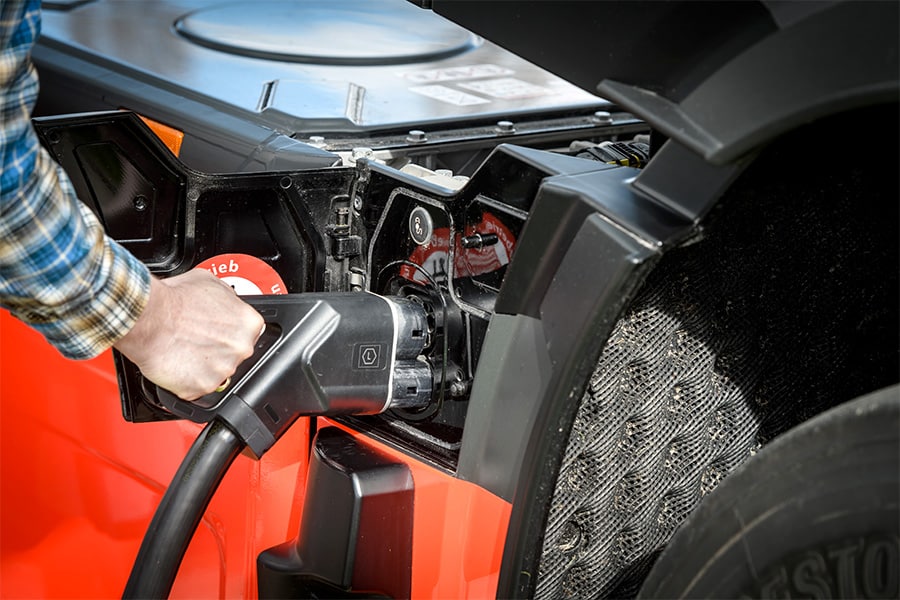
Every innovation initially raises questions and concerns. Yet time has shown that changes are not only necessary, but offer numerous benefits. They often lead to lower costs, increased safety, improved efficiency and increased competitiveness. As industries, the construction and transportation industries prove time and again that they can embrace such changes and emerge stronger from them. Indeed, the key is not to back down, but to work together to innovate and stay ahead. In fact, electrification is an investment in the future that will pay for itself.
Consequently, electric machines and trucks are now indispensable on construction sites. They offer a clean and quiet solution that fits perfectly in urban areas. With more and more clients demanding zero-emission projects and municipalities more frequently establishing zero-emission zones, it is obvious that electrically powered equipment and trucks are slowly but surely taking over from the traditional diesel versions. As the cost of batteries falls and the charging infrastructure improves, the higher purchase cost is less of an obstacle.
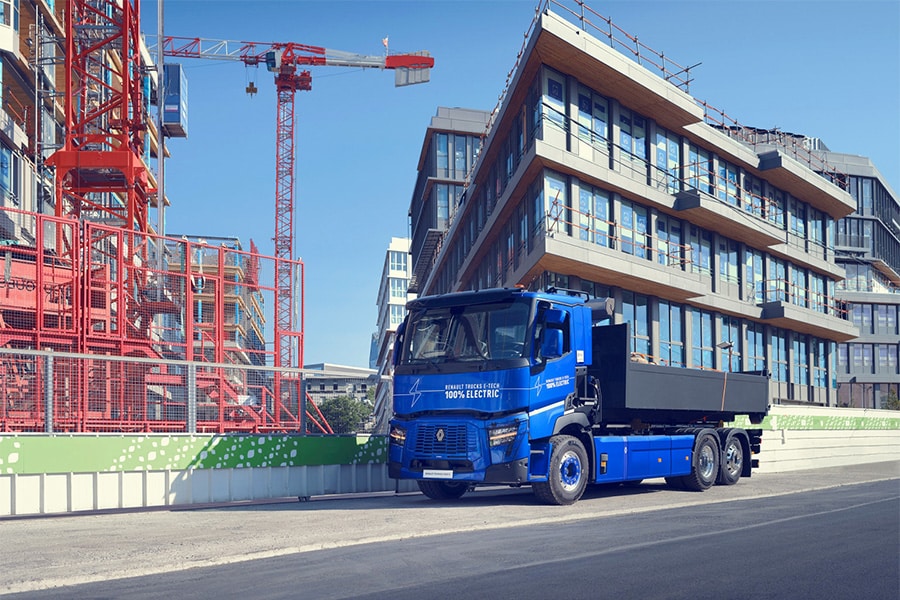
Smart techniques
Innovation is the key to sustainability, it seems. By investing in smart technologies and future-oriented solutions, the transportation sector can be made more efficient and environmentally friendly. Although e-trucks are still much more expensive to purchase than diesel trucks, the actual costs may well be lower over several years. After all, electric vehicles are more energy efficient and the cost of a full battery is significantly lower. In addition, electric vehicles have fewer moving parts and lack exhaust systems, which means less maintenance.
Developments related to zero-emission driving are following in quick succession. Volvo Trucks claims that 130 million sustainable kilometers have already been driven. The Netherlands is still among the leaders when it comes to greening. "After Austria and Denmark, our fleet is the newest in Europe. High excise taxes ensure that it pays off faster here to replace an old truck with a less polluting model," knows Albert Jan Swart, sector economist at ABN AMRO. "Battery technology and charging capabilities are also improving. Five years ago e-trucks could just drive 100 kilometers on a full battery, now it's already 300 to 500 kilometers. And that range is getting bigger and bigger."
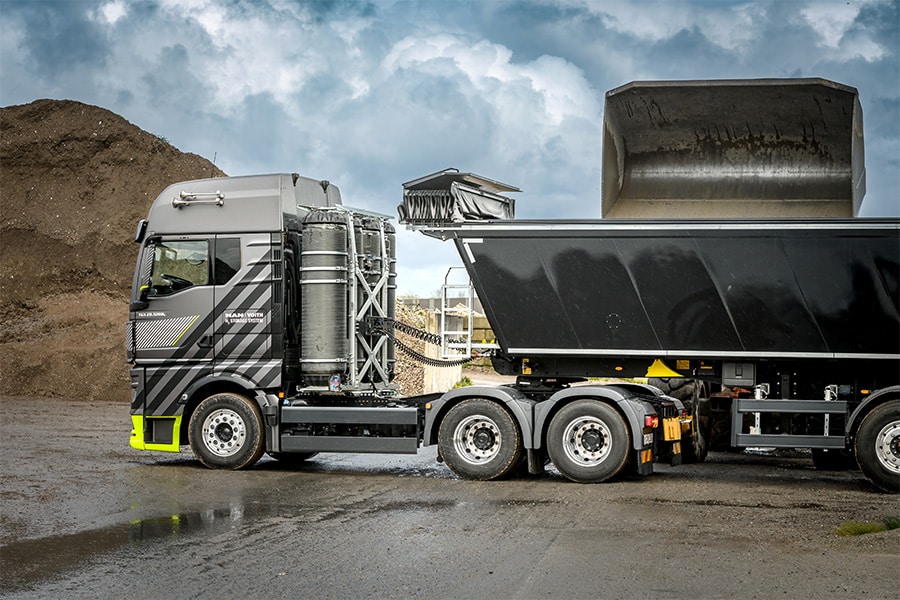
Excellent sales year
The advent of new zero-emission zones gave a tremendous boost to truck sales last year - and especially in December. A total of 17,793 vehicles were sold in the >6 ton segment, according to the RDC, an increase of 17.5% over 2023. We last saw such numbers in 2006 and 2008, with the introduction of Euro 4 and Euro 5 engines. The construction (read: multi-axle) segment also grew, from 1,190 registrations in 2023 to 1,856 last year, with Volvo well in the lead. This includes several electric trucks, as construction and recycling are leading the way in this.
The market for electric trucks >6 tons increased by 32% in 2024, but the absolute number of 533 units is nevertheless a bit disappointing. What is clever, however, is that Volvo Trucks' market share has hovered around 54% in the last two years. Renault and Mercedes-Benz follow at an appropriate distance with 15 and 12.4% respectively. In terms of share of e-trucks sold, the Netherlands is ahead of only Denmark and Sweden in the European context. "This shows how leading we are as a small country," Albert Jan judges. "Still, if we want to live up to the stated ambitions, a tenfold increase in the number of e-trucks is needed in the next five years!"
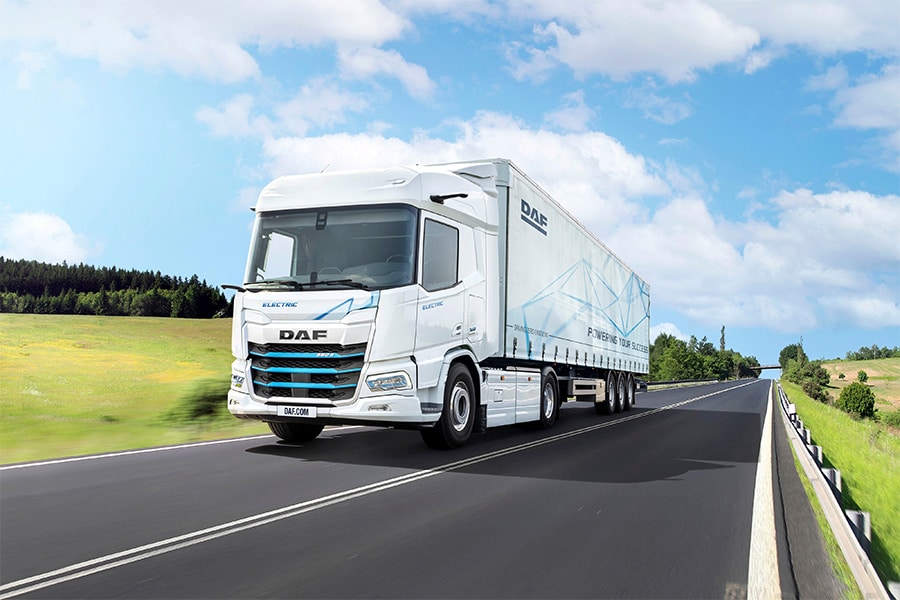
Range of alternatives
By the way, CO2 emissions are not only reduced by purchasing zero-emission trucks. It is a range of initiatives that ensure lower emissions. For example, MAN is putting the first ex-factory hydrogen trucks on the road this year, and what about HVO diesel, which provides a significant CO2 reduction. As an alternative to electric, it is also good to see that the market for LNG trucks is picking up in our country (203 sold versus only 14 in 2023). All lights seem to be on green to accelerate the transition to a sustainable construction and transportation sector. Two things are crucial here: more cooperation within the chain - which can only be stimulating - and a reliable government that does not keep changing the rules of the game.
